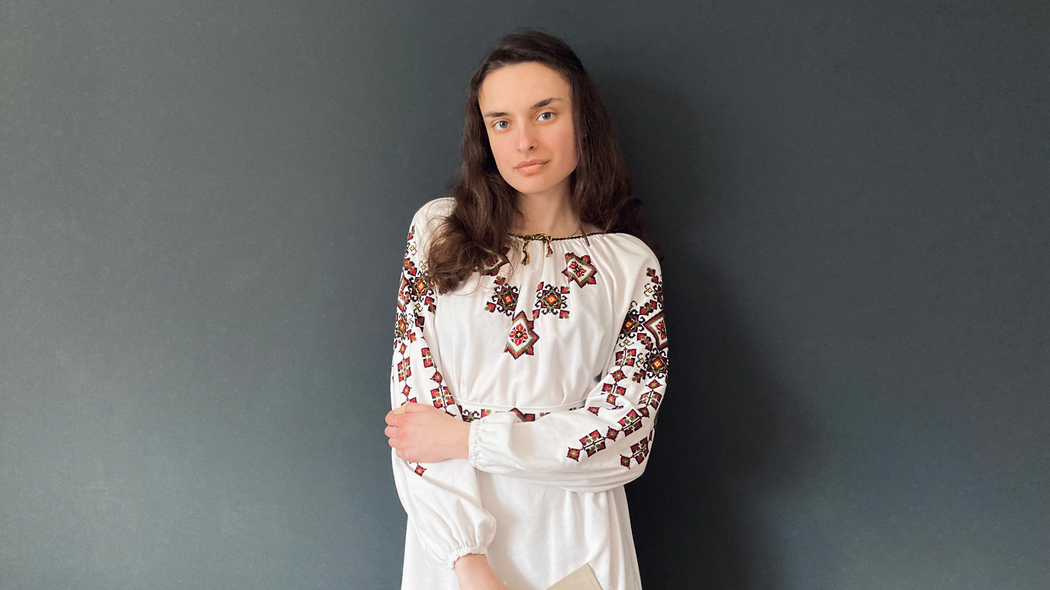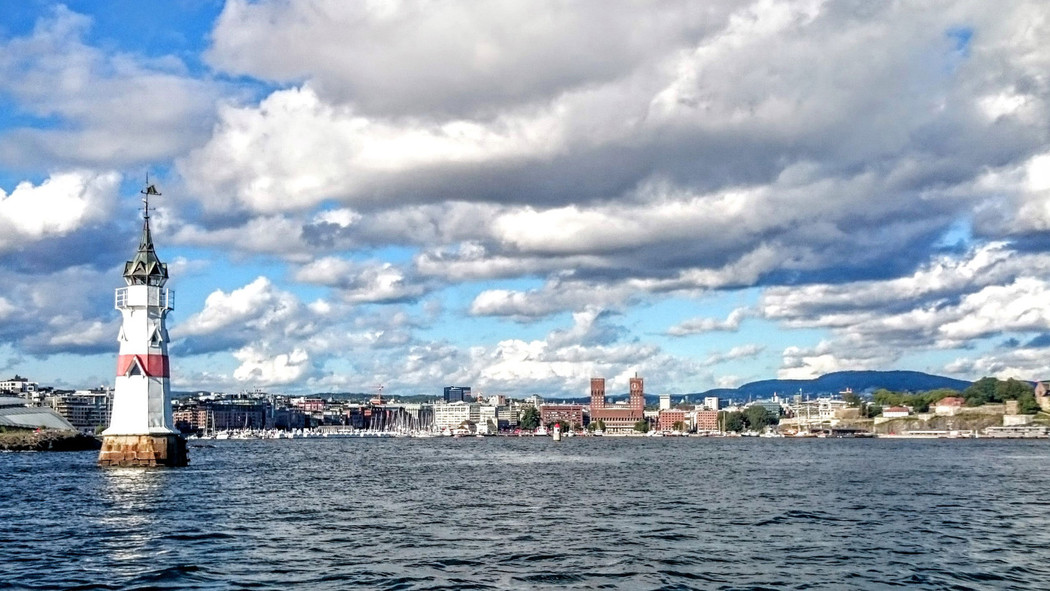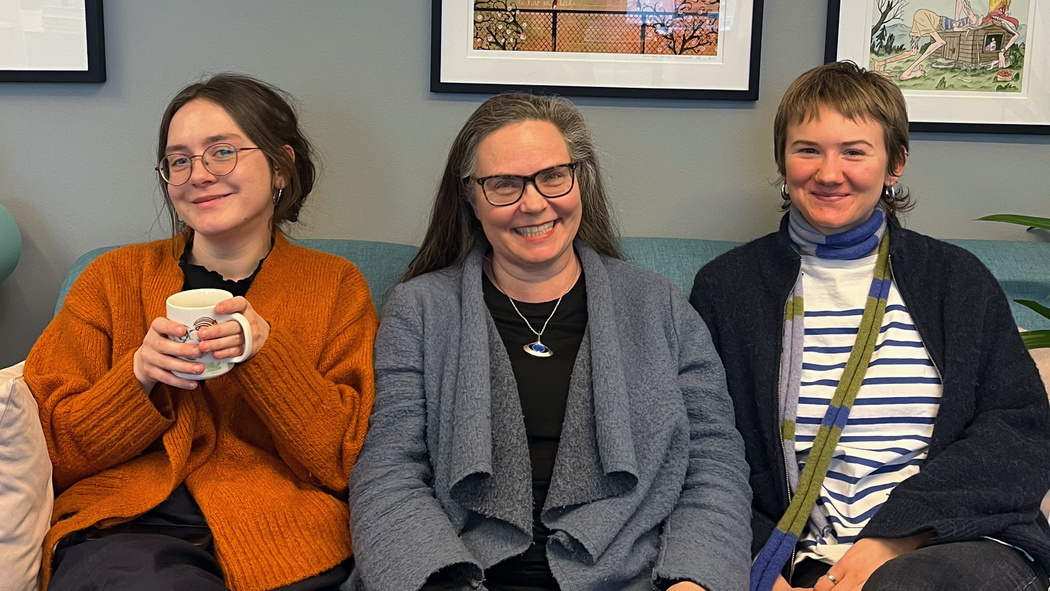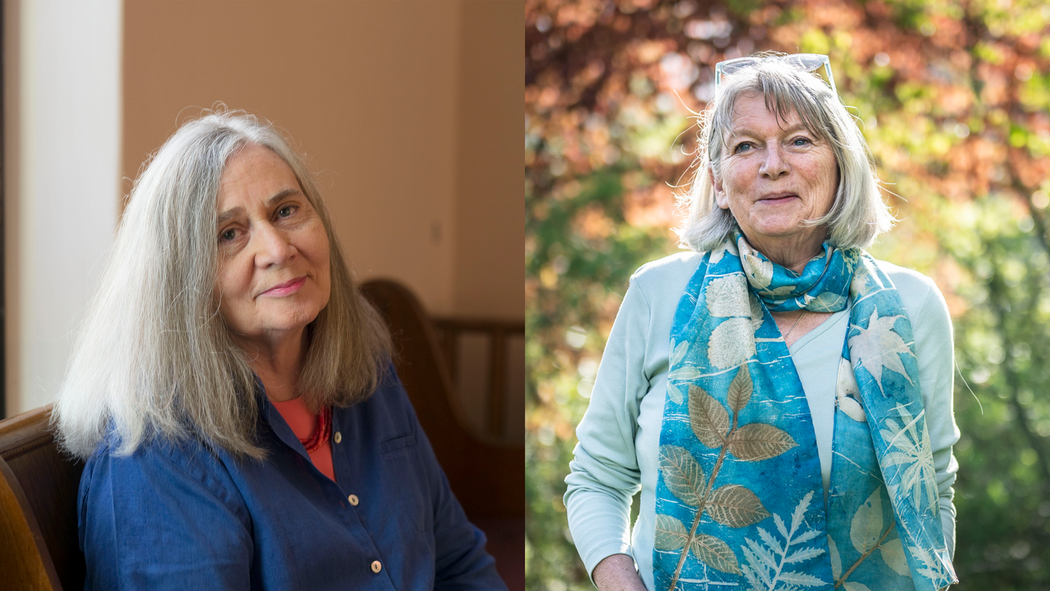Our translator of the month for May – Natalia Ilishchuk
Our translator of the month for May is Natalia Ilishchuk, who translates into Ukrainian. With a master’s degree in international relations, Natalia has many interests and does a number of things such as being a member of the Ukrainian-Scandinavian Center – but her greatest passion has always been for literature. Natalia became interested in Norway, Norwegian literature and language during her early years at the university and has participated in several Norwegian study programs in Norwegian language and culture.
Natalia is originally from Lviv, but for the last few years has lived in Kyiv. When Russia launched its full-scale invasion of Ukraine in February she had to move from Kyiv but decided to remain in her home country. She has spoken to us via social media about life during the war.

Natalia recieved the translator of the month baton from Ioana-Andreea Mureșan, even though they don’t know each other. Ioana wrote:
I’m passing the baton to Natalia Ilishchuk who translates from Norwegian to Ukrainian. After watching results of this war for the last few weeks, I can’t stop thinking about the place culture has in a world that has been turned upside down, because we have all heard that Inter arma silent musae (When weapons speak, the muses are silent).
I would like to ask Natalia if she is still translating, despite everything. In addition, I would also like to ask her what role her work plays in the political and social context Ukraine has found itself in.
Hi Ioana and thank you so much for the baton and the questions! It was both nice and surprising to get it. I hope I get the chance to meet you one day.
Yes, I’m at least trying to continue translating. At first it was impossible to think of anything other than war and security, but after several days I went to another city and continued working full-time at my regular job. Like almost everyone in Ukraine, I also signed up as a volunteer, often translating to help inform the world about what was happening in Ukraine. Translating has always been more of hobby that I used to do in the morning before I went to the office and during weekends/holidays – it has never been my only job. When full-scale war began, I was working on the translation of Anne Gunn Halvorsen and Randi Fuglehaug’s book series The Heir. But their Ukrainian publisher is from Kharkiv, like many other Ukrainian publishers and printers. You have probably seen photos and news about what happened to Kharkiv in the early days of the war. I have lost contact with the publisher and am now quite unsure about the project’s fate. Nevertheless, I’m still planning to finish translating the first book in the series, and will over time slowly but surely return to my usual translating pace.
The second question is very interesting. Recently I’ve been thinking a lot about the role literature and culture in general has in what’s now happening, and what’s been happening for centuries in my country and with my people. As I said, during the war’s first days and weeks it was hard to focus on anything but news and both my own and my loved ones’ safety. Even though I love books, I didn’t read a single page throughout February and March, there was too much bad news and stress. I worked a lot in order to just try and focus on something else, but there was no mention of literature. Eventually my desire to read returned, and I began thinking a lot about Ukraine’s history. It is of course our language and culture that has helped us survive as a nation despite all the oppression and attempts to enslave us. Ukrainians have always been a separate nation, with their own language, culture and literature. We have never been like Russians, we are so different. And you only need to read a little Ukrainian history to understand that. I now see the extreme importance of culture. I am now incredibly proud to have Ukrainian as my mother tongue (people have attempted to destroy the language, to assimilate Ukrainians, and many of my ancestors fought and died preserving it) and I now have the opportunity to enrich the number of book titles available in Ukrainian; something which also increases the knowledge, understanding and cooperation between Ukraine and Norway, two countries that I love and which have also had close historical ties. I now greatly appreciate Ukrainian culture and the opportunity I have to be its bearer; the opportunity to show, in my translations, the beauty of both the Ukrainian language and Norwegian literature. Language and words are my weapons in this war. Ukrainian culture is my shield.
There’s a fable I like about Winston Churchill which says that during The Second World War he was presented the state budget for approval, and after flipping through the document asked: “And where are the proposed costs for culture?” “What culture, we’re at war, we’re not thinking about culture,” came the reply, to which Churchill exclaimed, “well if there’s no culture, then what are we fighting for?”
No, the muses don’t remain quiet when there’s war. When there’s war, everyone fights on their own fronts. We in Ukraine are all fighting as hard as we can for our country, for our identity and culture, for life, for the future. Many new Ukrainian songs have already appeared, and I am sure we will soon hear, perhaps not just in Ukraine, about many new books and films about war and about life that are inspired by what’s happening here. I think that during times of war the muses are as loud as they can be.
Read more
Those of you who understand Norwegian can read Natalia’s Translators of the Month interview in full here
Learn more about Natalia on Books from Norway
Other translators interviewed in our Translator of the Month series


